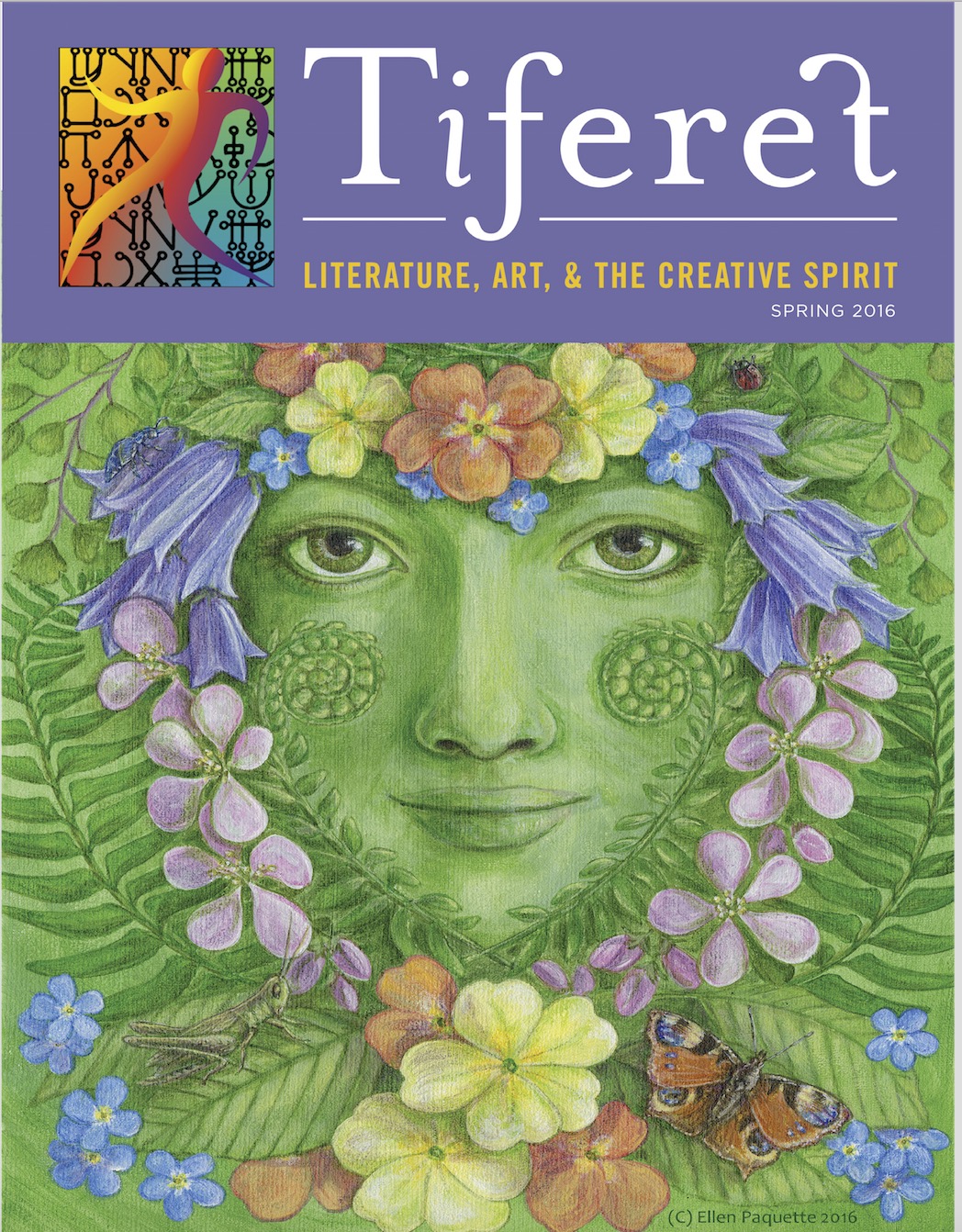Website
Type Of Publisher
Magazine, Online
Genres Published
Audio, Essays, Fiction, Poetry, Reviews, Translation, Visual Art
Year Established
2004
Address
Bernardsville, NJ
Name
Donna Baier Stein
Title
Founder & Publisher
Email
Mission Statement / Editorial Focus
Our goal is to help people of different faiths, even non-traditional ones, learn about each other to encourage tolerance and peace. Tiferet is a Hebrew word that means "heart, compassion, and reconciliation of opposites" -- vital concepts to understand in today's often divisive world.
We are a non-sectarian, non-dogmatic community that publishes high-quality poetry, prose, and art that further meaningful dialogue about what it is to be humane and conscious. We publish a magazine once a year now and offer in person and online writing courses.
Accepts Unsolicited Submissions
no
Author Payments
copies
Contests
Usually runs January-June. $1400 in prizes for poetry, fiction, and non-fiction.
Distributors
New Leaf
Do You Have Any Cover Letter Advice?
Keep it clear, simple, and short. List any previous publications or awards.
What Do You Look For In A Submission?
First, very high quality writing. A strong opening page. An interesting angle on humanity, culture, spirituality, tolerance. Submissions can recount personal experiences, travels, or new thinking on previously published sacred works. We use the term
What Advice Do You Have For First-time Submitters?
Read the submission guidelines on our website at www.tiferetejournal.com. if you are submitting poems, put them all in one document before you submit. We do NOT consider hard copies and will not return them.
Do You Have A Favorite Unsolicited Submission Discovery Or Anecdote?
We published one of Marie-Elizabeth Mali's poem that was submitted in the slush pile. And an interview with Ray Bradbury about his take on faith or spirituality was also an unexpected, and very welcome, find.
Who Is Your Ideal Reader?
Someone who loves reading excellent poetry and prose and who may be interested in works that grapple with explaining the inexplicable... or in understanding the beliefs, rituals, and basic humanity of other cultures. We assume most of our readers are
Magazine Online


